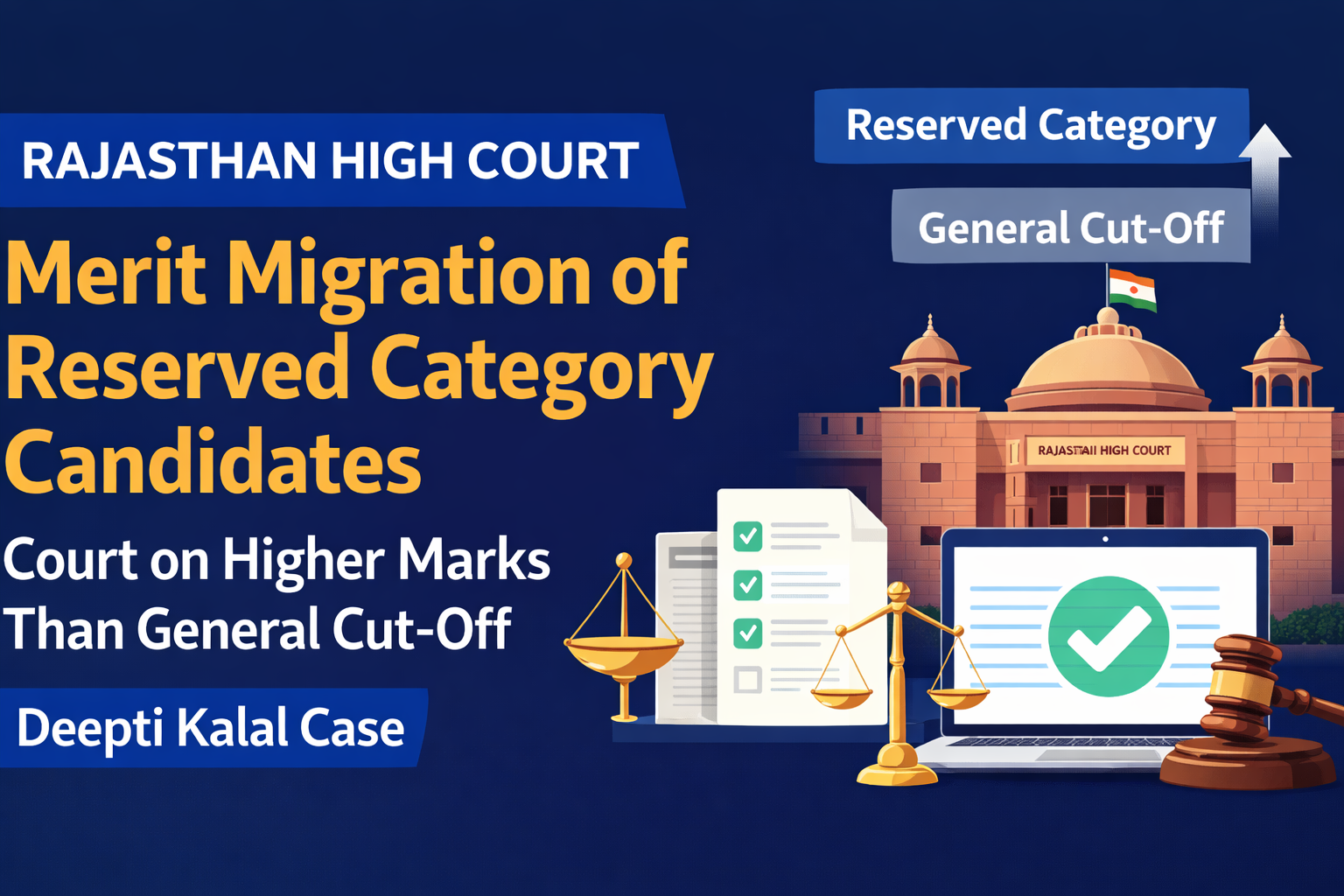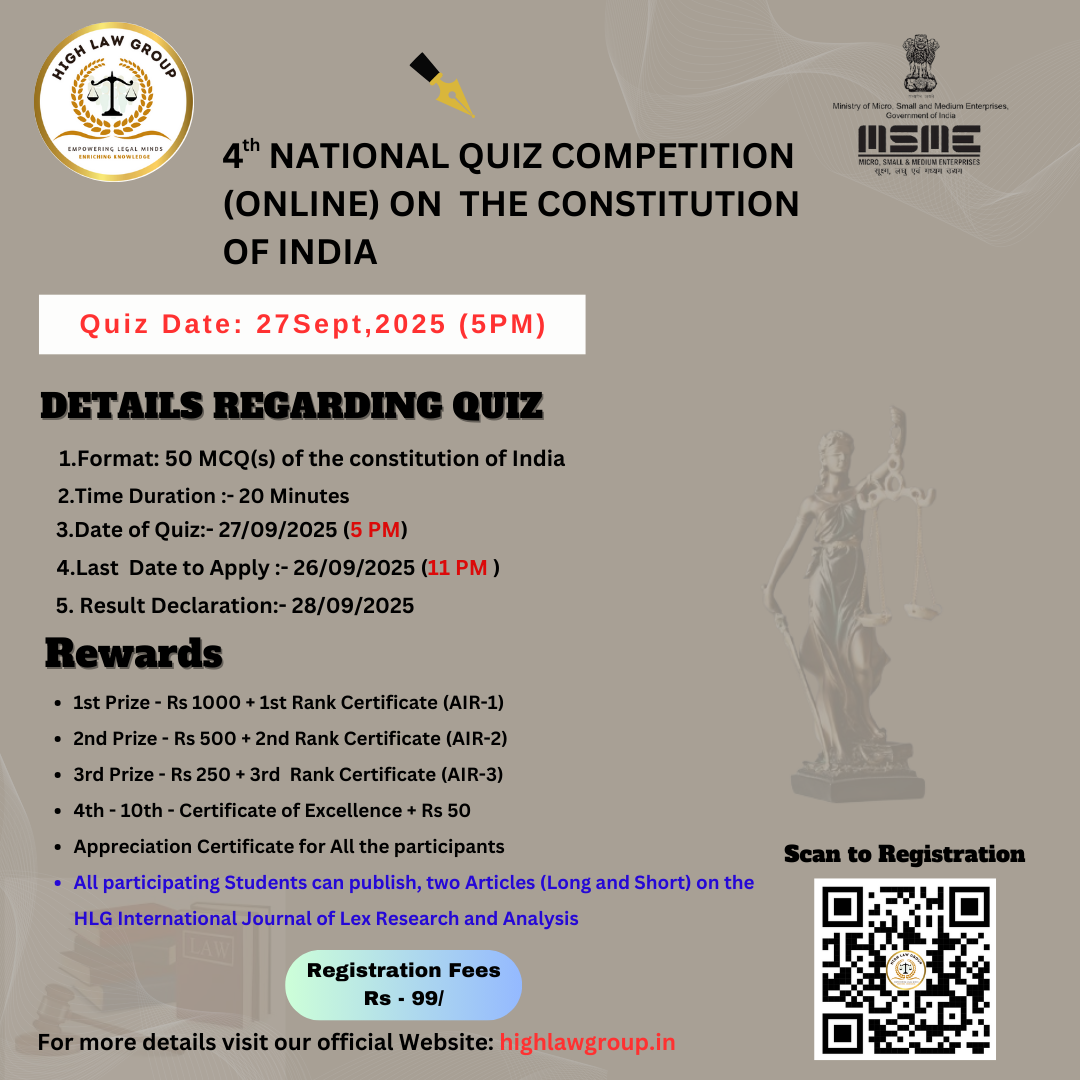Meaning of Tort:-
Meaning of Tort:-
A tort is a branch of civil law.
Definition of Tort:-
Definition of Tort:-
Tort means a civil wrong that is not a branch of contract, a branch of trustNature of tort:-
The basic idea which is indicated
Brief Facts of the Case
The petitioner was the owner of Jai Laxmi Salt Works Private Limited who filed a suit against the State of Gujarat (the respondent). The State of Saurashtra, now a part of Gujarat, came up with the idea of constructing a dam to reclaim large tracts of land from the sea, which was constructed in 1955.
The petitioner, even before the dam was constructed, had requested the authorities about the location of the weir in front of his factory. However, his request was not accepted and the petitioner found that the river’s water level was rising with heavy rainfall. Therefore, he asked the authorities to reduce the water level and prevent the increase in flow near his factory, but to no avail.
In the first week of July 1956, the petitioner’s factory was flooded. Subsequently, the petitioner approached the respondents for redressal and claimed damages of about Rs. 4 lakhs. Following this a committee estimated the damages to be Rs. 1,58,735 which the government rejected. The petitioner filed a suit in the lower court because the damages were not paid.
Supreme Court’s Decision
The case was referred to the apex court under Article 133(1)(A) of the Indian Constitution. Since the construction of the dam was a common law duty, it held that a common man should not go without any compensation if the government has done its duty heedlessly.
The Court referred to the case of “Calveley v Chief Constable of Merseyside Police” and “Dunlop v Woollahra Municipal Council”, where it held malice as an essential element for the tort of malice. Therefore, the expressions ‘misbehaviour’, ‘misfeasance’ and ‘unlawfulness’ would apply in some cases where the State or its officers would be liable only if they had breached the duty of care with malice or bad faith.
The Court held that thus, flawed planning in the construction of the dam may be negligence, but it cannot be malice, misfeasance or unlawfulness. The loss suffered by the petitioner was due to the negligence of the public servants and their failure to discharge public duty.
The Hon’ble Court held the State liable not only for its negligent acts but also for mistakes and faulty planning. Therefore, it was held that Section 120 of the Limitation Act applied and thus the case was not barred by time. It was also held that the cause of action arose when the actual loss was suffered and not when the negligence occurred.
In this case, the case was not barred by time because the limitation arose from the day when the Government refused to compensate the amount and did not inform the petitioner of the same.
The Supreme Court set aside the orders passed by both the Courts and held that in addition to Rs. 1,58,735, the petitioner should be paid interest at the rate of 6% per annum from the date of decree till December 1982, at the rate of 9% per annum from 1982 till December 1992 and at the rate of 12% per annum till January 1993.






Leave a Reply